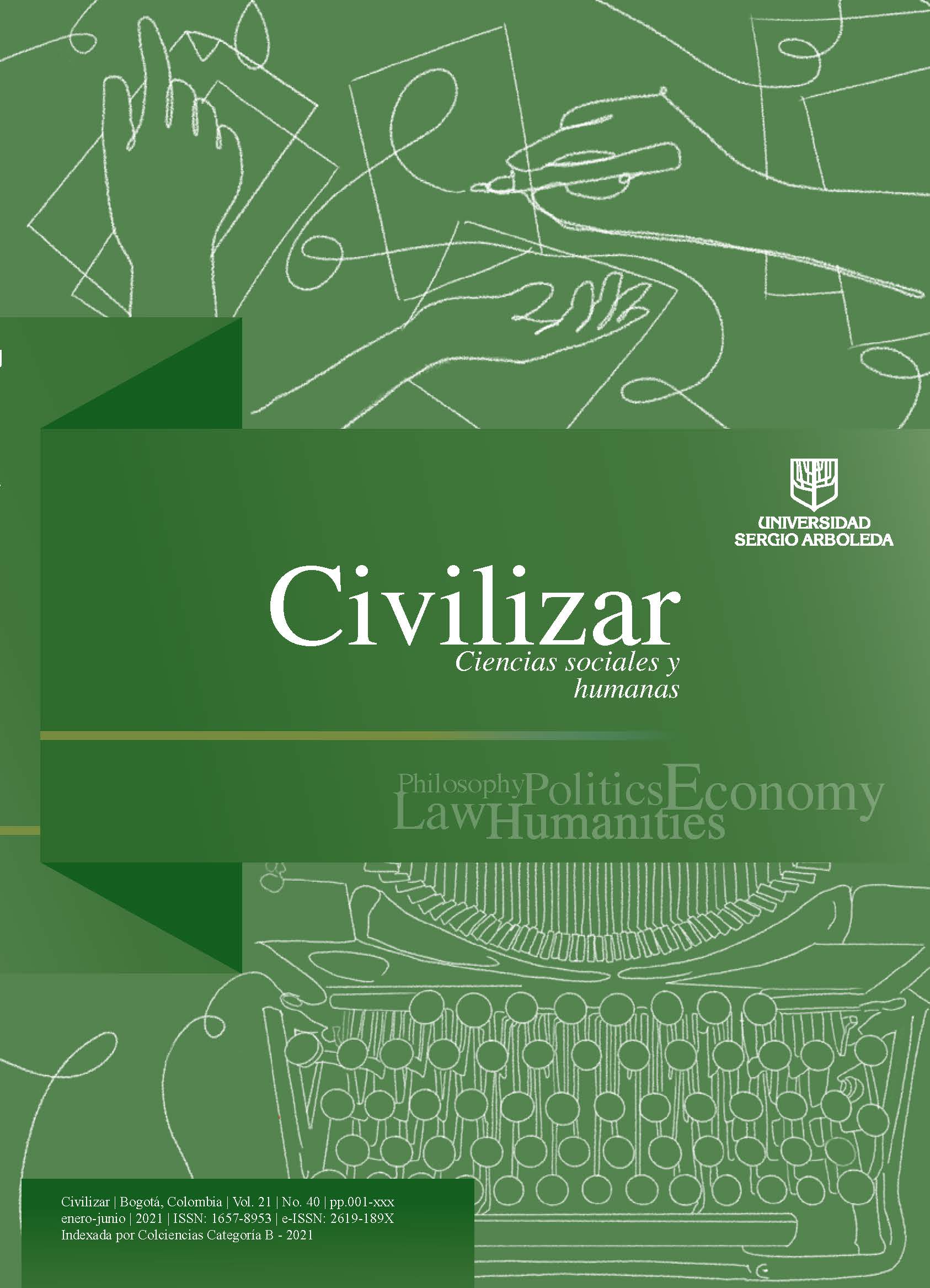Resumen
Uno de los principales aportes de este artículo está en la mirada de los habitantes rurales de Colombia como sujetos políticos y de investigación, con el propósito de promover la representación y construcción de identidades políticas entre esa población, una de las más invisibilizadas e ignoradas del país. En ese contexto —y desde las perspectivas filosóficas del humanismo cívico, la democracia radical y la comunicación-educación— se buscó describir cómo se puede de cualificar el ejercicio de las nuevas ciudadanías en las Escuelas Digitales Campesinas (E.D.C.) de ACPO, la antigua Radio Sutatenza.
El método aplicado en este trabajo fue la Investigación Acción Participativa (IAP), que se caracteriza por propiciar la relación sujeto-sujeto para la producción, divulgación y reconocimiento colectivo de saberes y conocimientos. Las herramientas metodológicas, se enfocaron en el periodismo literario; la ecología de saberes y el contrato de lectura, este último postulado y desarrollado por el semiólogo argentino Eliseo Verón.
Como resultados se destaca la realización del programa radial semanal “Mundo Rural” —desde 2013 hasta la fecha— y el podcast “Las cartas del campo”. Se concluye en este trabajo sobre la importancia del ejercicio práctico y cotidiano de nuevas ciudadanías que surgen en los territorios, con las voces directas y acciones cotidianas de los habitantes rurales, quienes son los encargados de dar sentido a la democracia radical, al humanismo cívico y a la comunicación-educación. Estas tres corrientes del pensamiento y la acción política tienen en común que consideran a los ciudadanos como el centro y razón de ser de la vida cívica y educativa. Así, mientras en el humanismo cívico y la democracia radical la identidad individual o colectiva se constituye en el orden simbólico, esto es, en el lenguaje, la comunicación-educación postula el universo expresivo de los educandos como el eje del proceso de interaprendizaje, gracias a los grandes conocimientos y saberes populares.

Esta obra está bajo una licencia internacional Creative Commons Atribución-NoComercial-SinDerivadas 4.0.
Derechos de autor 2021 Civilizar: Ciencias Sociales y Humanas


